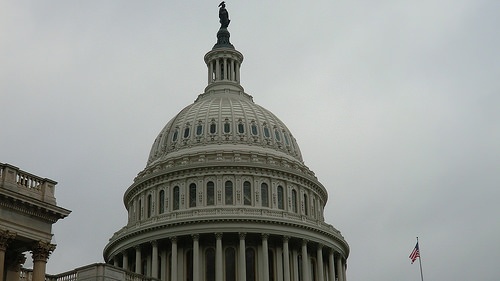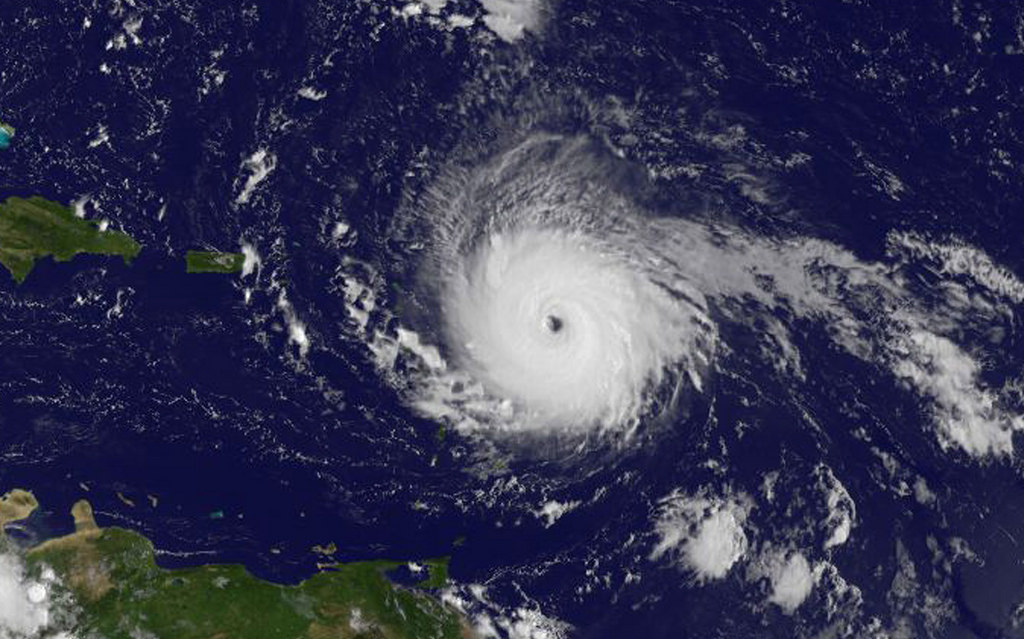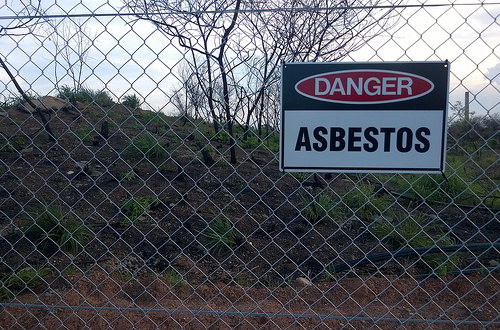Although many agencies and officials in the Trump administration downplay or deny human contributions to climate change, a major new government report accepts that proposition, and documents its extent. On November 5, the U.S. Global Change Research Program published its Climate Science Special Report, which will serve as Volume 1 of the U.S. Fourth National Climate Assessment (NCA4). The Program is a group of 13 federal agencies with relevant authority and expertise, with the development of the NCA4 overseen by the National Oceanic and Atmospheric Administration (NOAA). The Program was established by the Global Change Research Act (GCRA) of 1990, to “assist the Nation and the world to understand, assess, predict, and respond to human-induced and natural processes of global change.” As summarized in the Executive Summary to the Report:
Read MoreAudit, Compliance and Risk Blog
New US Climate Science Special Report Documents Climate Change
Posted by Jon Elliott on Tue, Nov 28, 2017
Tags: Environmental risks, Environmental, EPA, climate change
Government Accountability Office Encourages Federal Consideration of Climate Change Costs
Posted by Jon Elliott on Tue, Nov 14, 2017
As I’ve discussed in recent blogs, President Trump’s executive agencies, including the Environmental Protection Agency (EPA), are dramatically reducing federal attention to “climate change.” Obama-era initiatives are being terminated or reversed, and planning and communication are being reduced or eliminated. (For example, I noted in my recent discussion of EPA’s draft Strategic Plan, here, that the draft does not mention the phrases “climate change” or “greenhouse gas” even once).
Read MoreTags: Environmental risks, Environmental, EPA, climate change
Although Environmental Health and Safety (EH&S) requirements target hundreds of micro-organisms (primarily viruses and bacteria), important hazards remain unregulated. Many await definitive scientific conclusions, but others need testing and control methodologies that would allow requirements to be designed and administered, sufficient regulator and regulated entity resources, and/or high enough political priorities. Until recently, one of these unregulated pathogens has been the legionella bacterium, first identified in 1976 as the cause of “Legionnaire’s disease,” which appears as a form of pneumonia.
Read MoreTags: Health & Safety, OSHA, Environmental risks, Environmental, EPA
EPA Delays Action to Update Rule Governing Lead in Drinking Water
Posted by Jon Elliott on Tue, Oct 31, 2017
In October 2016, EPA produced a White Paper announcing the “urgent need” for revisions, describing key issues and possible revisions, and projecting to propose extensive LCR revisions during 2017. However, since President Trump assumed office, EPA’s priorities are shifting and its resources are being reduced (for example, I wrote about EPA’s Back-to-Basics Agenda here). Most recently, EPA’s formal agency-wide regulatory agenda now postpones the issuance of a Notice of Proposed Rulemaking (NPRM) until January 2018 and a final rule until June 2019. While we await action, it’s worth considering how PWSs can reduce lead exposures, particularly since building owners and employers might consider improvements to plumbing and fixtures that could improve workplace water quality.
What Does LCR Require?
The LCR divides PWSs into three groups based on the numbers of customers served, and assigns tailored responsibilities for testing, corrosion control, source water treatment, and pipe replacement. The three groups are:
Read MoreTags: OSHA, Environmental risks, Environmental, EPA, clean water
Businesses Using “Science-Based Targets” to Reduce Greenhouse Gas Emissions
Posted by Jon Elliott on Thu, Oct 26, 2017
The Paris Agreement anticipated that sub-national governments and private organizations would contribute to global progress, by meeting and often exceeding national requirements (I wrote about formal United Nations programmatic expectations here).
One of the non-governmental efforts is the Science Based Targets Initiative, through which individual companies can set GHG-reduction goals. At latest report, over 300 companies participate.
What is the Science Based Targets Initiative?
The Initiative is a multi-sector collaboration among the following international organizations: CDP (formerly called the Carbon Disclosure Project), World Resources Institute (WRI), the World Wide Fund for Nature (WWF; formerly World Wildlife Fund), and the United Nations Global Compact (UNGC). Participation in the Initiative is also identified as one of the commitments under the We Mean Business Coalition, which is another international business initiative. The Initiative defines “science-based targets” by reference to the Initiative’s effort to support the 2o C target (which the Initiative refers to as the “2°C pathway”):
Read MoreTags: Health & Safety, Environmental risks, Environmental, EPA, Greenhouse Gas, ghg, climate change
EPA Administrator Scott Pruitt has, by word and individual action, been moving the Environmental Protection Agency (EPA) away from President Obama’s aggressive agenda and toward President Trump’s preference for reduced activity. These have included a less-regulatory “Back-to-Basics Agenda,” which I described here. Now the agency is proposing to formalize these priorities in its strategic plan for the next four fiscal years, 2018-2022.
Read MoreTags: Health & Safety, Environmental risks, Environmental, EPA
One of new Environmental Protection Agency (EPA) administrator Scott Pruitt’s many initiatives has been to change his agency’s approaches to cleanups under the national Superfund law. He announced several basic policy changes in May, and convened a Superfund Task Force to develop detailed recommendations. The task force issued its report late in July, offering 42 recommendations. These are summarized below.
Read MoreTags: Health & Safety, Environmental risks, Environmental, EPA, site auditing
One of California’s longstanding amplifications of national environmental health and safety (EH&S) programs is provided by “Proposition 65.” I summarized these provisions here. As I described, the main thrust of this 1986 state enactment is to provide warnings about potentially hazardous chemicals, to customers, workers, and other “potentially exposed individuals." Prop 65 provides sample texts for warnings, including “safe harbor” text for product labels and in-store signage. After 30 years, the state is revising these safe harbors to be more informative. Revised safe harbor text became available for use August 30, 2016 and replace their expiring predecessors on August 30, 2018. Since we’re half way through this two year transition, it’s a good time to review.
Read MoreTags: Health & Safety, OSHA, California Legislation, Environmental risks, Environmental, Hazcom
Although environmental health and safety (EH&S) regulations focus primarily on safe handling of materials and wastes during routine operations, reports following hurricanes Harvey and Irma, and the major earthquake in Mexico, should remind us to plan to prevent releases from non-routine situations, up to an including natural disasters. Press reports include the following:
Read MoreThe presence of “hazardous” materials in your workplace can trigger a wide variety of environmental health and safety requirements. The Occupational Safety and Health Administration (OSHA) and state worker protection agencies issue standards to protect workers during occupational handling and storage. The US Environmental Protection Agency (EPA) and state environmental agencies issue requirements governing the management of hazardous wastes, and emissions to a variety of environmental media (air, water and land).
Read MoreTags: OSHA, Environmental risks, Environmental, EPA










